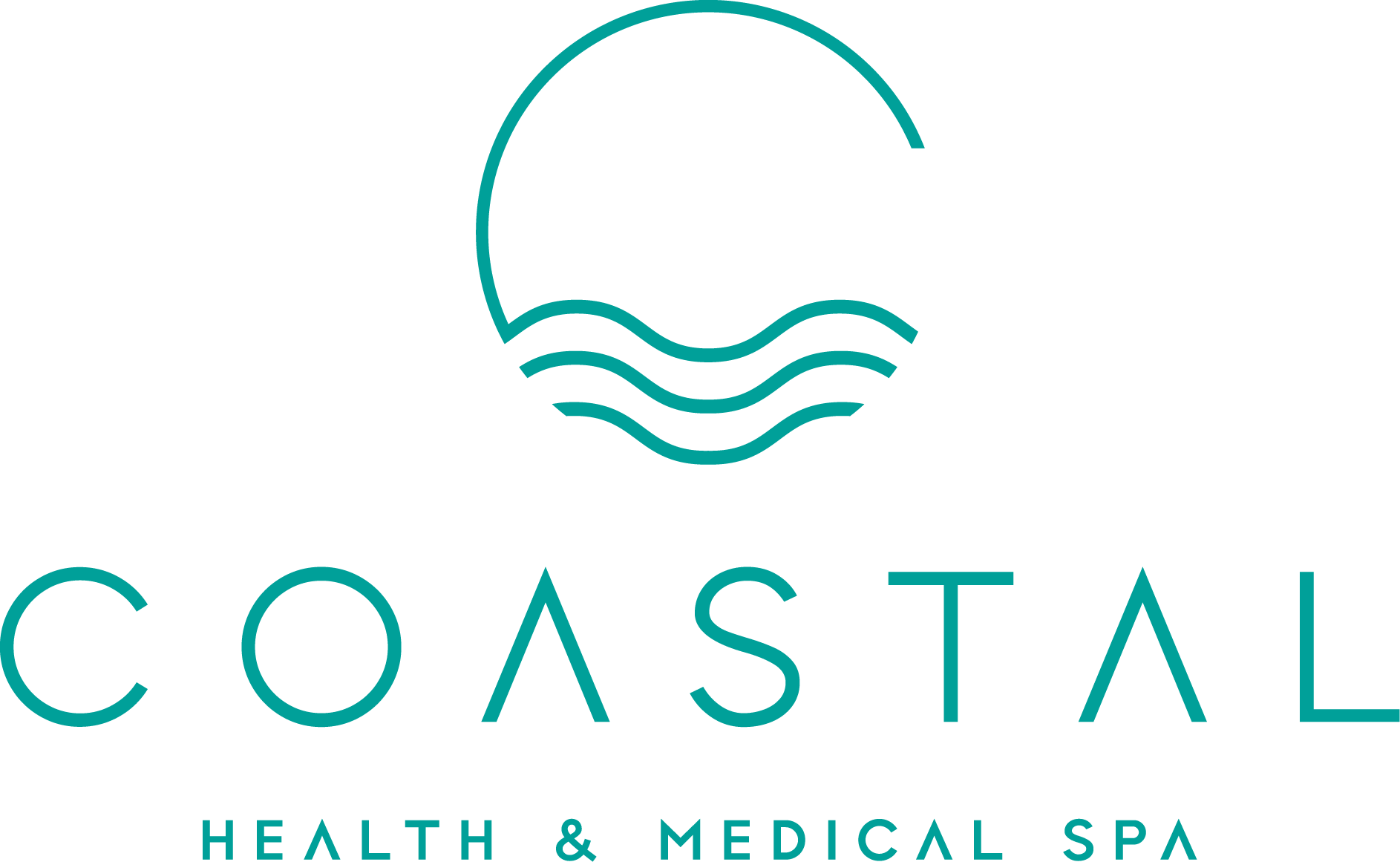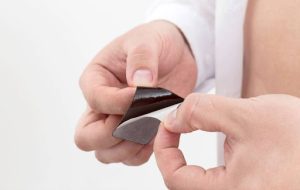Hormonal changes are a natural part of life, but that doesn’t mean they should go unmanaged. For many adults entering their 40s and 50s, these changes become especially noticeable. Men begin to experience a decline in testosterone levels, commonly referred to as low T, while women transition into menopause, often with a dramatic drop in estrogen and progesterone. These shifts can create a range of symptoms that disrupt daily life—like unexplained weight changes, sleep disturbances, mood swings, hair thinning, and chronic fatigue.
So it’s no surprise that many people begin exploring hormone replacement therapy (HRT) during midlife. But what happens if those symptoms start earlier—or much later? What age can you start HRT, and more importantly, when is it too late to start HRT?
At Coastal Health & Medical Spa in Jacksonville, we believe it’s never too late—or too early—to take control of your hormonal health, as long as treatment is safely and thoughtfully administered.
In this guide, we’ll explore the age range for HRT, who can benefit, and how we customize every plan to fit your stage of life.
What Age Can You Start HRT?
HRT isn’t just for people navigating menopause or midlife. In fact, hormonal imbalances can affect individuals as early as their twenties. Conditions like polycystic ovary syndrome (PCOS), endometriosis, PMS, or even postpartum hormonal shifts can trigger symptoms that mimic menopause.
So, what age can you start HRT? At medical spas, patients must be at least 18 years old to begin treatment. The medical team evaluates each person on an individual basis, taking into account hormone levels, symptoms, medical history, and lifestyle factors.
After a thorough screening process that includes lab work and a health consultation, providers craft a custom treatment plan designed to help patients regain hormonal balance and improve their well-being.
The Best Age to Start HRT
If you’re wondering about the best age to start HRT, you’re not alone. While there’s no magic number, most women begin treatment during perimenopause (late 30s to early 50s) or once menopause becomes disruptive. The same goes for men in that age range who begin to experience the effects of low testosterone, like disturbances in sleep, weight gain, and lack of energy.
According to the Mayo Clinic, the ideal time to start hormone therapy is typically within 10 years of menopause onset for women and andropause onset for men or before age 60, when the benefits—such as cardiovascular protection and bone health—tend to outweigh potential risks.
That said, “ideal” is a generalization. Your symptoms, lifestyle, health history, and goals matter just as much as your birthdate. Some people benefit from early intervention, while others may not need or want treatment until much later.
What’s most important is that your HRT plan is personalized to you, not based solely on age.
When Is It Too Late to Start HRT?
Let’s address the big question first…
The answer is rarely ever. While certain precautions must be taken for older adults, many people can begin HRT well into their 60s and even 70s with positive outcomes. A common misconception is that after menopause or a long delay, the risks of HRT outweigh the benefits. But studies like those from The Menopause Charity and Jean Hailes for Women’s Health suggest otherwise.
In fact, the only time age becomes a serious concern is when a person has unmanaged risk factors—like a history of blood clots, stroke, heart disease, or estrogen-sensitive cancers. In these cases, hormone therapy may still be possible but with more caution, lower doses, or alternative delivery methods like patches or creams that reduce systemic absorption.
The bottom line? Age alone shouldn’t disqualify you. Many older adults alleviate the persistent symptoms like night sweats, brain fog, and low libido with HRT.
Customized HRT at Every Stage of Life
Whether you’re 28 and struggling with hormone-related mood swings or 68 and trying to sleep through the night again, HRT isn’t one-size-fits-all. That’s why every patient should receive a custom-designed plan based on lab results, symptoms, and lifestyle.
Our approach typically includes:
- Bioidentical hormone therapy (hormones that mimic those naturally produced by your body)
- Flexible delivery methods such as pellets, topical gels, patches, or vaginal creams
- Ongoing monitoring and adjustments to ensure optimal results and minimal side effects
For older patients, we often recommend transdermal methods, which have been shown to reduce the risk of blood clots and cardiovascular issues compared to oral estrogen. Learn more about delivery methods from the NHS guide to HRT.
Addressing Concerns About Risk
It’s natural to feel concerned about the safety of hormone therapy—especially when starting later in life. Thankfully, research has evolved significantly in recent years, providing a more balanced view of the potential risks and benefits.
For example, a recent article from Rejuvime Medical highlights how well-managed HRT can improve long-term quality of life, especially when tailored to individual needs and regularly monitored.
If you’re older and experiencing menopausal or andropausal symptoms, it’s not too late. The key is having a medical team that understands how to customize your treatment and monitor your health along the way.
Signs You Might Benefit from HRT
If you’re not sure whether you’re a candidate for HRT, consider whether you’re dealing with any of the following:
- Persistent fatigue or low energy
- Difficulty sleeping or staying asleep
- Mood changes, irritability, or anxiety
- Unexplained weight gain or muscle loss
- Low libido or sexual discomfort
- Hair thinning or dry skin
These symptoms aren’t “just a part of aging”—they’re often the result of hormonal imbalance. And the good news is help is available with HRT.
Final Thoughts: Is HRT Too Late for You?
To sum it up: When is it too late to start HRT? In most cases, it’s not too late at all. With expert care and individualized treatment, patients at almost any age can find relief from hormone-related symptoms and restore their energy, mood, and vitality.
At Coastal Health & Medical Spa, we’re proud to help men and women in the Jacksonville area take control of their hormonal health—whether they’re just starting the transition or decades into it.
Whether you’re in your 30s or your 70s, we’re here to help you navigate your hormonal health journey. Schedule your consultation today.



